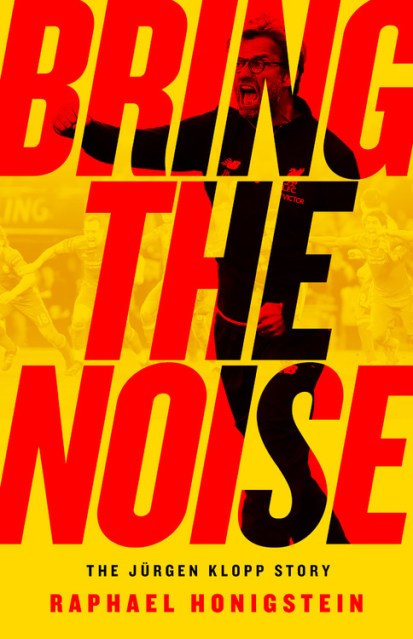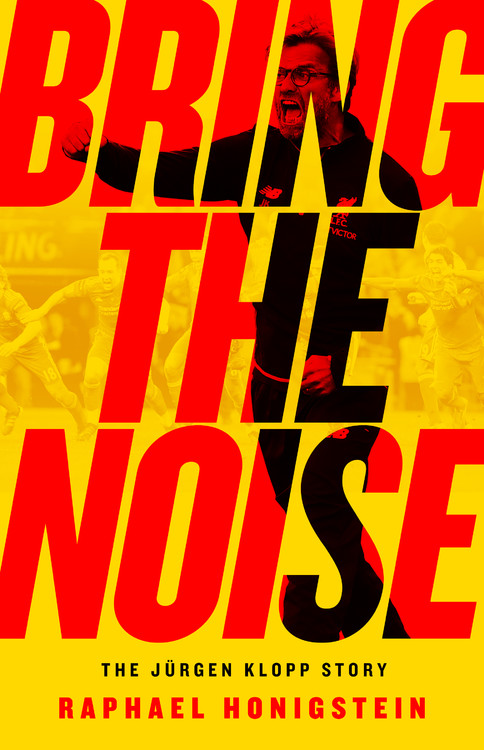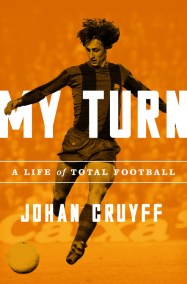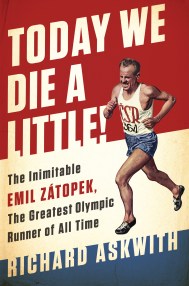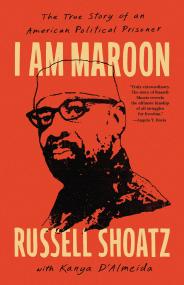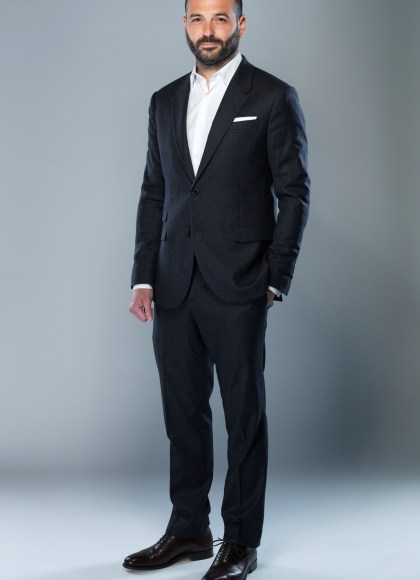By clicking “Accept,” you agree to the use of cookies and similar technologies on your device as set forth in our Cookie Policy and our Privacy Policy. Please note that certain cookies are essential for this website to function properly and do not require user consent to be deployed.
Bring the Noise
The Jürgen Klopp Story
Contributors
Formats and Prices
- On Sale
- Feb 6, 2018
- Page Count
- 352 pages
- Publisher
- Bold Type Books
- ISBN-13
- 9781568589572
Price
$21.99Price
$28.99 CADFormat
Format:
- Trade Paperback $21.99 $28.99 CAD
- ebook $11.99 $14.99 CAD
- Audiobook Download (Unabridged)
This item is a preorder. Your payment method will be charged immediately, and the product is expected to ship on or around February 6, 2018. This date is subject to change due to shipping delays beyond our control.
Buy from Other Retailers:
It was not a task for the fainthearted. Anfield, Liverpool’s home, is a temple to flamboyant attacking soccer powered by passion. In Klopp, Liverpool finally found a manager who embodied the essence of the club. Klopp is dynamic, expressive, restless, driven-he feels every move and play, every tactical shift, every contact on the field. His eyes betray a wild ecstasy and agony as his team thrives or falls. His game plan demands relentless commitment-the famous gegenpress-and he is one of the great personal motivators in all sport.
Raphael Honigstein, author of Das Reboot and Budesliga correspondent for the Guardian, has interviewed Klopp and followed his career since his early years, and better than anyone knows how to “bring the noise” to his subject.
-
"Honigstein digs deep to reveal a competitive, charismatic, and thoughtful man who-though prone to apologizing for mercurial outbursts-has in many ways outperformed his own limitations through hard work and passionate determination. The jury's still out on his accomplishments at the legendary LFC, but fans of European soccer should love this page-turning take on one of the most fascinating figures in the sport."Booklist
Newsletter Signup
By clicking ‘Sign Up,’ I acknowledge that I have read and agree to Hachette Book Group’s Privacy Policy and Terms of Use
